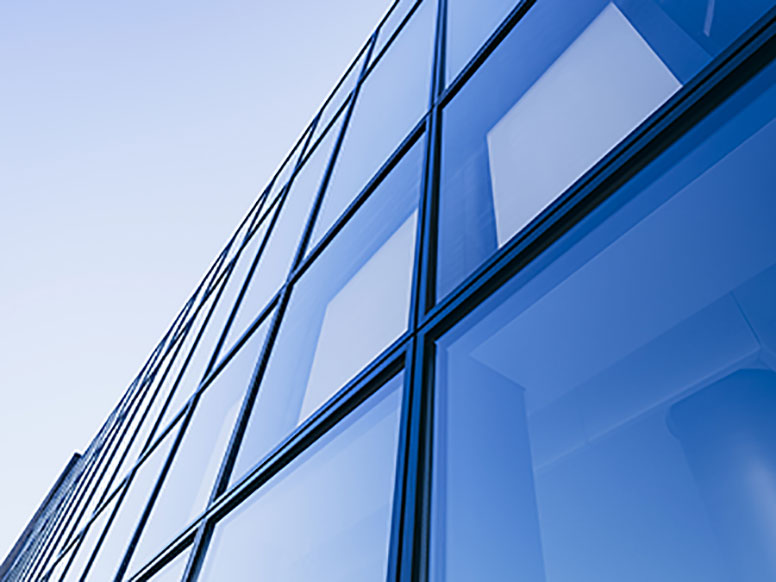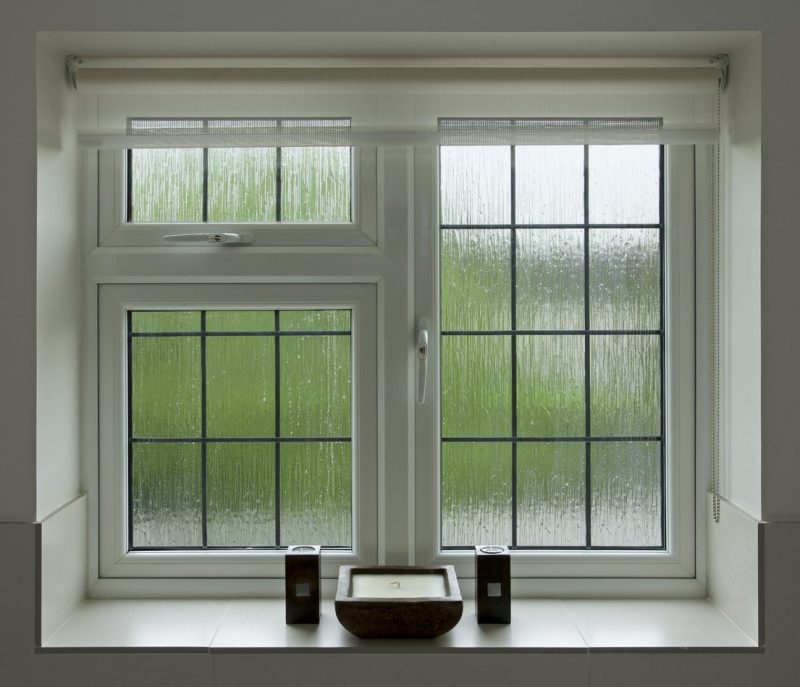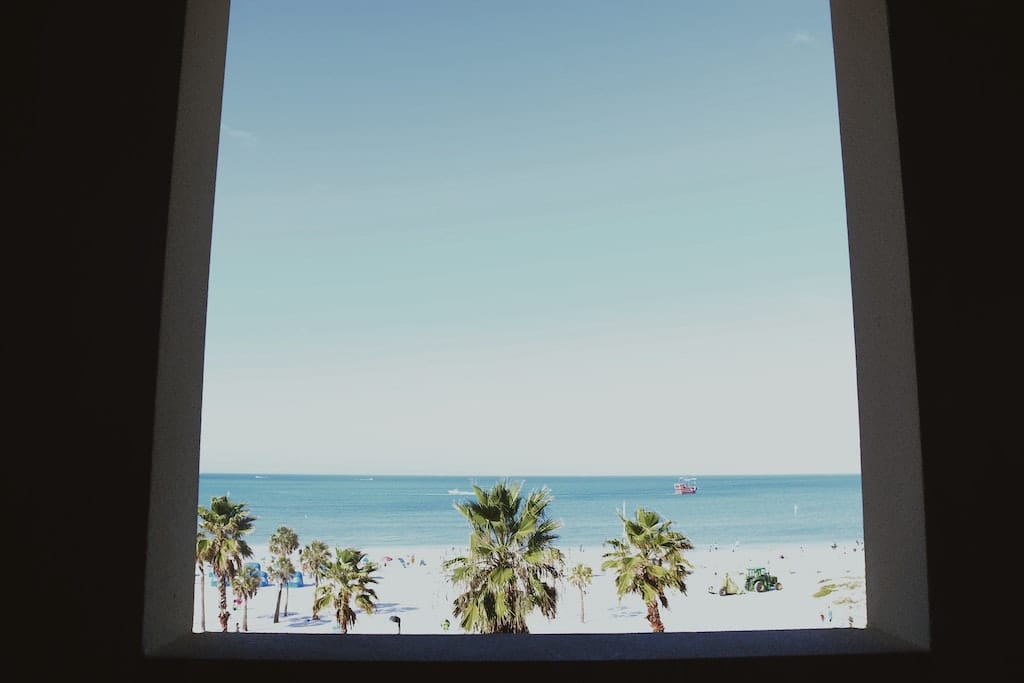All Categories
Featured
Table of Contents
Enjoy Your Summer More With Double Glazed Windows in Salter Point WA
Laminated glass is frequently used in locations in the home most vulnerable to injury from human effect such as bathrooms, doors, around staircases and in areas close to the flooring (it meets the requirements of 'safety glass' that is mandated for usage in these areas by Australian Basic AS 1288 Glass in buildings).
Toughened glass has been 'tempered' by being reheated and rapidly cooled once again. This procedure makes it much stronger than basic glass it can withstand higher effect loads before breaking. It also makes it safer due to the fact that, when it does shatter, it burglarizes lots of little cubic pieces rather than unsafe fragments.
Does Double Glazing Reduce The Heat In Brisbane's Summer? in Subiaco Western Australia
However, toughened glass has no thermal or acoustic advantages over other glass of the same toning or density. Secondary glazing is where single-glazed windows are retrofitted with a transparent acrylic or glass sheet connected to the within the frame or openable sash with a secondary frame or with magnetic strips.


Secondary glazing will not perform as well thermally as a made IGU, considering that it is impossible to totally seal the border, however it can provide excellent sound control. Window films are a thin polymer film consisting of a soaking up color or reflective metal layer, with an adhesive support. They stay with your glazing to alter its colour or make it reflective.
The Surprising Benefits Of Double Glazing In The Summer ... in Cannington Western Australia
Applied to existing glass, some window movies can cut in half the overall SHGC of the window by soaking up and/or showing solar radiation. This can be particularly helpful in hotter environments where cooling is the primary concern, or on east and west elevations straight exposed to extended periods of sunshine. Window films might also reduce noticeable light transmittance.

For this reason, it is typically best to utilize a certified installer of window film. Frames have a considerable influence on the thermal performance of windows and doors, due to the fact that energy can be acquired and lost through the frame, along with through the glass. Different kinds of frame will permit different levels of heat gain and loss, so careful option of frame is crucial for reliable passive style.
Which Type Of Double Glazed Window Frame Is Right For You? in Bickley Perth
However, aluminium is also a great conductor of heat and will decrease the insulating value of a glazing unit, unless particularly engineered to decrease this. A 'thermally broken' frame is made up of 2 aluminium sections connected by a structural insulator (normally a low-conductivity structural polymer). This 'breaks' the thermal connection through the aluminium and minimizes the heat streaming through the frame.
Timber frames are a great natural insulator that can fit some house styles. Wood frames must be made from types that have naturally high toughness or be dealt with to avoid decay and deformation.
Double Glazing For Warmer Temperature : R/melbourne in Hocking Western Australia
(weather condition stripping) is set up.
u, PVC doors and windows have exceptional thermal performance Picture: Ben Wrigley (Light Home Architecture and Science) Composite frames use aluminium profiles on the external sections with either a timber or u, PVC inner area. These integrate the low upkeep and sturdiness of aluminium with much improved thermal efficiency.
Table of Contents
Latest Posts
Triple Glazing Vs. Double Glazing: What Are The Differences? in Willetton Western Australia
Help Control Your House Temperature With Double Glazing ... in Martin Western Australia
How To Diagnose And Fix Misted Double Glazing in Hovea Perth
More
Latest Posts
Triple Glazing Vs. Double Glazing: What Are The Differences? in Willetton Western Australia
Help Control Your House Temperature With Double Glazing ... in Martin Western Australia
How To Diagnose And Fix Misted Double Glazing in Hovea Perth